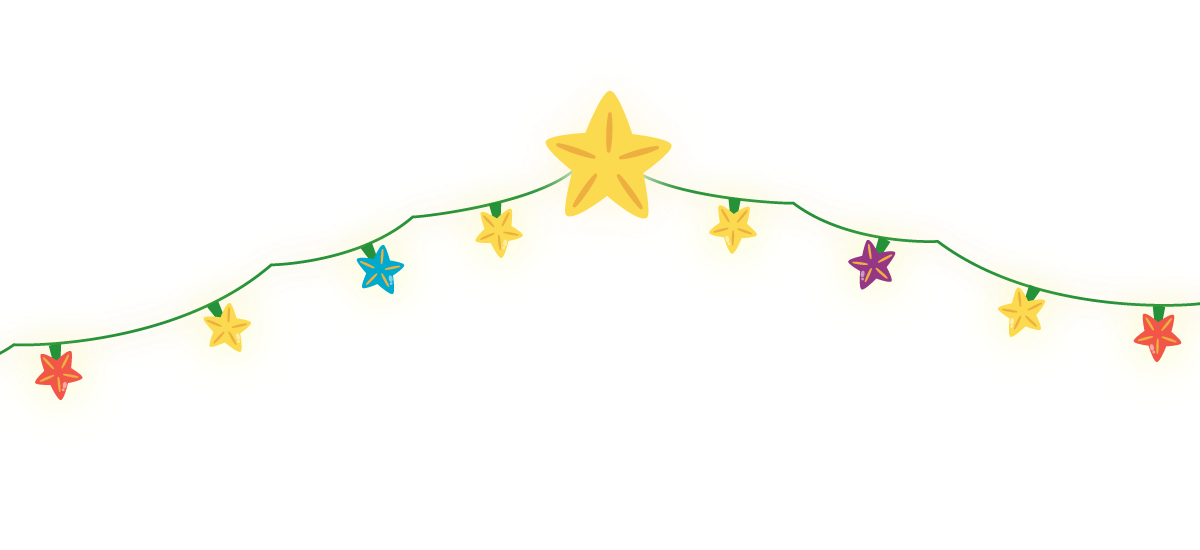Emily Dickinson’s “Hope”
Through her work, Emily Dickinson, one of America’s most esteemed poets, explored vast terrains of human emotion. One of her most celebrated poems, often referred to by its first line, “Hope is the thing with feathers”, delves into the nature of hope and its unwavering presence in our lives. While the poem may be simple at first, its message of optimism and resilience can resonate profoundly with anyone going through a tough time, including those struggling with addiction. Through exploring the poem’s central themes and Dickinson’s charming yet powerful metaphors, Hope can illuminate the path to successful recovery.
A winged allegory
Right from the outset, Dickinson employs the metaphor of a bird to symbolise hope. This representation evokes feelings of freedom and joy, both awaiting those who have an addiction at the end of the road to recovery.
The poem begins:
That perches in the soul –
And sings the tune without the words –
And never stops – at all -“
The idea that hope “perches in the soul” conveys that even though we may temporarily lose faith or direction, underneath, there is always hope. This can be very important for those with addiction who may feel completely trapped by the condition. It is a reminder that it is never too late to seek help because hope “never stops – at all.”
The stanza, “And sings the tune without the words”, highlights another essential aspect of hope – it is a pure feeling that doesn’t need words or justification. This is pertinent for those in recovery because many battling addiction grapple with the voice of addiction in their heads, constantly telling them they need the substances or that they have their drug or alcohol use under control. But hope is not something that needs explanation. It is a constant, a power to be drawn on during difficult times when denial or doubt creep in.
Singing in the storm
The poem continues by describing the irrepressible joy of the bird’s song, even when a gale is raging:
And sore must be the storm –
That could abash the little Bird
That kept so many warm -”
This portrayal of hope suggests an intrinsic optimism, which can be an invaluable asset for someone trying to overcome a drug or alcohol addiction. In the context of addiction, the “storms” can be seen as relapses, societal judgement, the physical and emotional pain of withdrawal or the challenges of rehab. Despite these adversities, Much like the unwavering spirit of a bird that continues to sing even in the face of a storm, hope remains constant and undying, even in the darkest phases of addiction, offering warmth and solace.
To take relapse as one example, around 40 – 60% of those who have undergone rehab, relapse at least once. While this may seem like a daunting statistic, the important thing is not to lose hope and to use the experience as a lesson. Relapse prevention plans can be adjusted, new support systems put in place and treatment methods like Motivational Interviewing can remind the person of their reasons for seeking change. By recognising what went wrong and not equating a setback with failure, the person can get back on track with renewed hope and determination.
The universal presence of hope
The final verse emphasises the omnipresence of hope, reinforcing the idea that even when things are at their darkest, especially when they are their darkest, all is never lost. Whether a person is in the “chillest land” of withdrawal symptoms or the “strangest Sea” of rehab, hope remains a steadfast companion:
And on the strangest Sea –
Yet – never – in Extremity,
It asked a crumb – of me.”
These final lines echo the unconditional support those in recovery need, mirroring the essence of support groups, therapists and loved ones who stand by without expecting anything in return. This support is absolutely crucial in drug and alcohol recovery and can be a deciding factor in its success. UKAT provides a number of services and programmes to support the families of those in rehab, educate them on addiction and provide a safe space for them to express their feelings. This helps to create a network of understanding, bridging the gap between the person in recovery and their loved ones, enabling a more harmonious path to sobriety and healing.
Final thoughts
Emily Dickinson’s timeless poem is a powerful beacon for those caught in life’s tempests and a testament to the unyielding spirit of hope. For those facing the challenging storms of addiction, the poem serves as a reminder that hope is ever-present, ready to guide, comfort and empower. Its message is one of resilience and the reality that it is often in the darkest moments when we find the strength we need to keep going. Recovery from drug addiction and alcohol addiction is a path beset with obstacles, but each is an opportunity to learn and grow. With the right motivation and support structures in place, a new life full of opportunity, happiness and hope is available to everyone.
Embrace the spirit of our Christmas campaign and treat yourself to the gift of well-being. Enjoy complimentary 30-minute therapy sessions by simply sharing your name, contact number, and the topic of concern with us at christmashelp@ukat.co.uk. In this season of giving, UKAT believes everyone deserves the support they need on their journey to a healthier and happier life.




